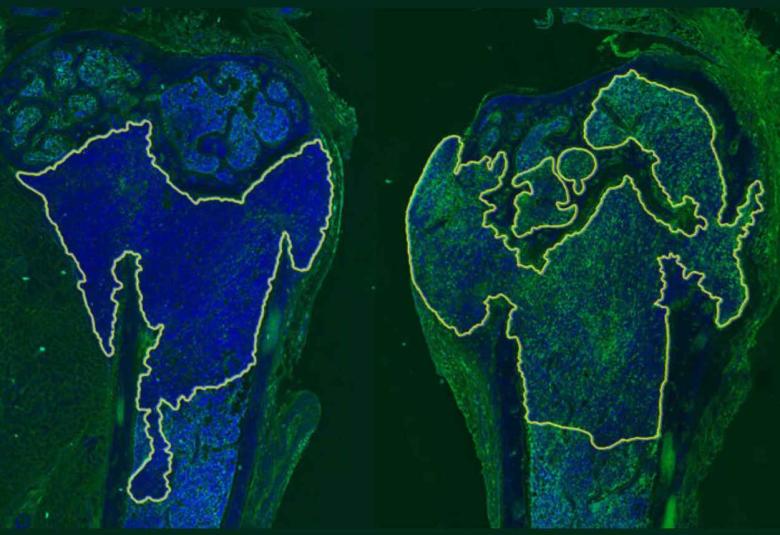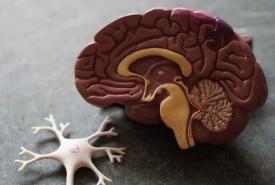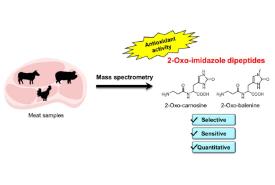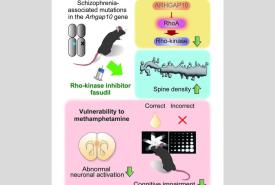Two-pronged immunotherapy eliminates metastatic breast cancer in mice
Researchers at Washington University School of Medicine in St. Louis have identified a way to sensitize metastatic breast cancer that has spread to bone to immunotherapy. Shown are two bones from mice with metastatic breast cancer. Tumors are inside the yellow outline. The left side shows an untreated tumor. The right side shows a tumor treated with a p38MAPK inhibitor. The increased green color on the right indicates the tumor is more sensitive to immunotherapy.


















